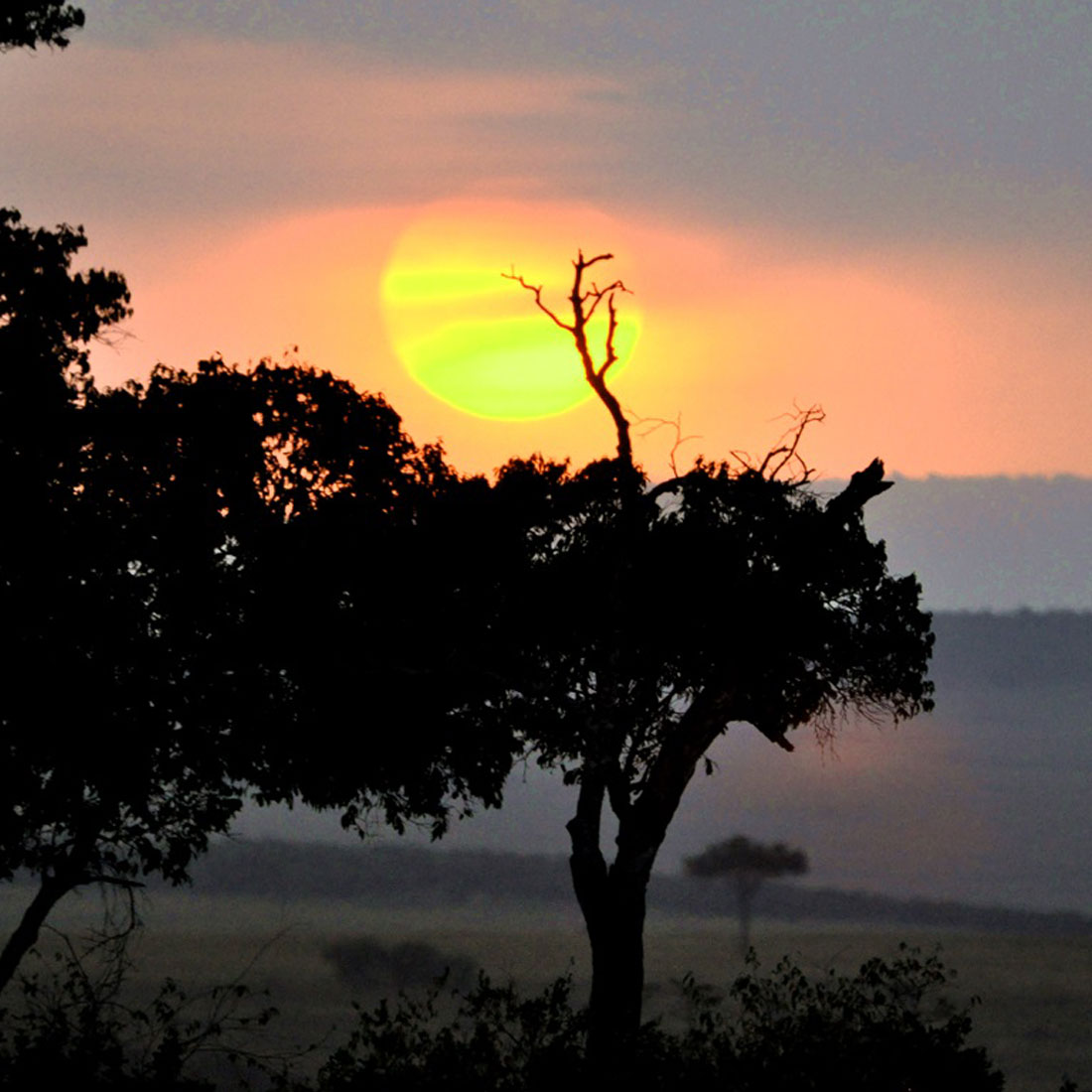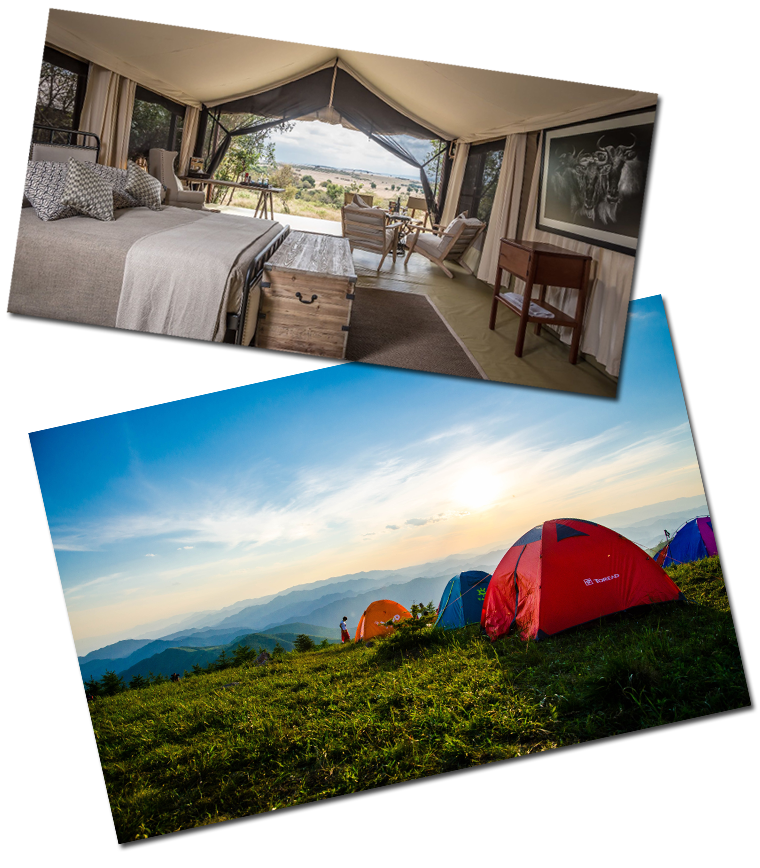
Bateleur specializes in creating experiences for you that will never be the same twice.
Let us know what you are looking for, what you want to do, how much energy you want to expend and what your dietary requirements are.
We will then do everything it takes to make sure you are nurtured and indulged.
It goes without saying, that your dreams of Africa can become a reality, take a deep breath and enjoy it!
Here are a few general rules that will help you decide what to bring.
Please try to avoid anything white or bright, these colours shine out in the bush. Khakis or earth colours are good.
Please try to pack your clothing into soft carry bags, particularly if your safari involves traveling using light aircraft. An average sized duffle bag will usually be sufficient. Remember most camps have a same day laundry service meaning that you don’t need to have too many changes of clothes.
Any time of the year is the 'best time' in East Africa. In every season the wildlife is doing something interesting.
Kenya generally has excellent weather, with warm sunny days and cool evenings.
Two rainy seasons occur - March to May and October to November, although days may still be sunny and warm during these periods and safaris are still possible. There will be a high likelihood of rain during these months so a light rain jacket is advisable.
Kenya requires no inoculations for visitors; Tanzania requires yellow fever inoculation.
However, it is recommended that you check with your doctor or a tropical medicine centre if there is one near you for advice and the latest information.
It is usually advised to take an anti-malarial drug to prevent infection. The African Medical Research Foundation in Nairobi favours MALARONE for Malaria prevention.
However, the best prevention of all is not to get bitten. Mosquitos usually bite in the evenings and at night - so we recommended bringing an effective-insect repellent plus a long-sleeved shirt, slacks and socks to protect the ankles.
Great care is taken to ensure that drinking water is perfectly safe in lodges and camps. Bottled mineral water is always available.
Perhaps you can bring your own refillable bottle and ask for it to be filled to prevent the use of plastics.

"When you have caught the rhythm of Africa, you find that it is the same in all her music."
Karen Blixen – AuthorFrom the well known Masai Mara to wilder places off the beaten track, we'll offer you a unique experience, whether this is your first or third trip. One thing is guaranteed; once you have visited us you will return!
TALK TO US